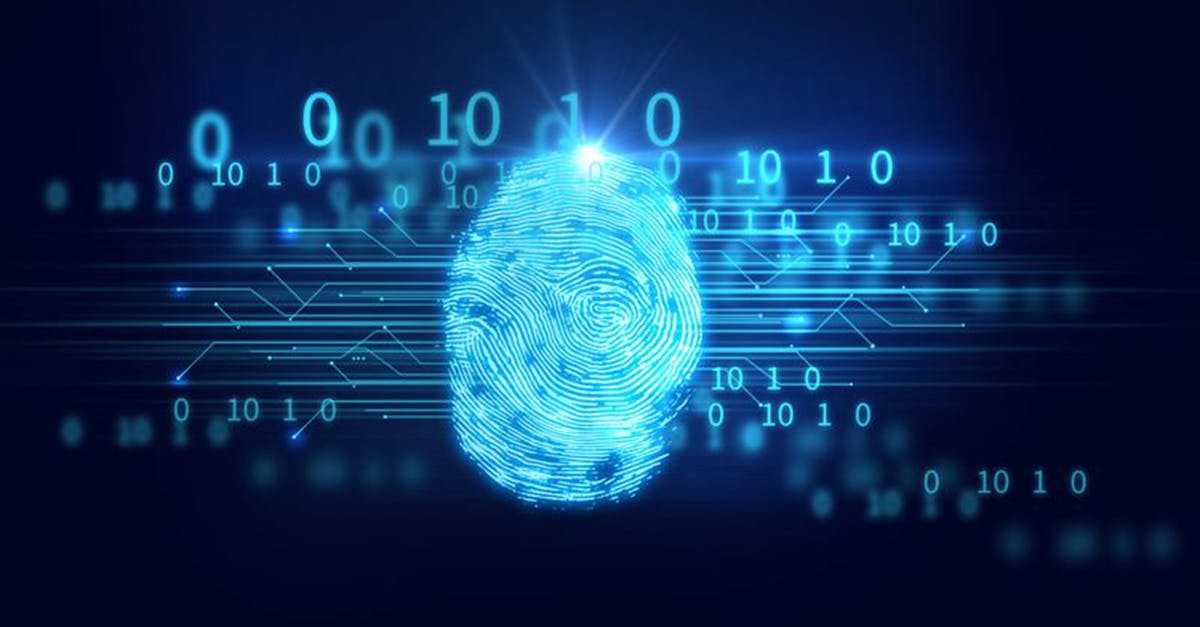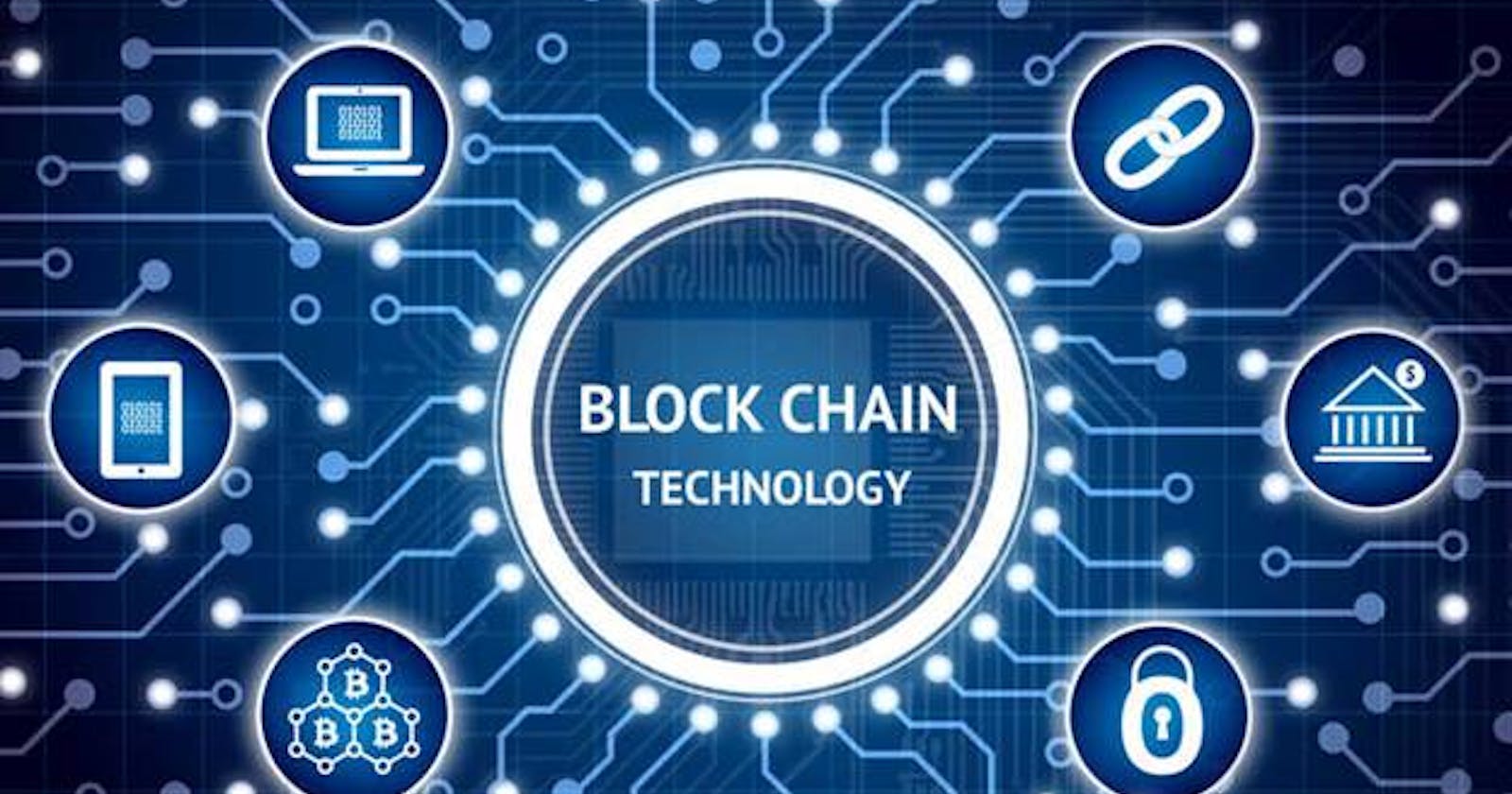A blockchain is a type of distributed database that keeps track of a growing collection of ordered records known as blocks rather than being connected to a central processor. It is difficult to change one block without also affecting the blocks behind it since each block carries a timestamp and a link to a preceding block. Users who have the private keys required to write to the file can edit the portions of the blockchain that they "own." Everybody's copy of the distributed blockchain is kept in sync thanks to cryptography.
Since blockchains are secure databases by nature, they are fantastic candidates for storing data related to identity management, medical records, financial transactions, and provenance. Blockchain has the ability to cut out the middlemen in transaction processing and trading. Here are 5 ways blockchain has changed the automobile business and encouraged adoption:
Secure, In-Vehicle Payment

Bitcoin and other cryptocurrencies continue to be the principal applications of [blockchain technology](blockchain.comfygen.com), which is how it initially came to be known to the general public. But eventually, automobile owners could be able to pay for the power needed to charge their electric vehicles using blockchain. Imagine if each time you charged your car, a smart contract on the blockchain was activated by the action, deducting the necessary amount of money from your account, and sending it to the charging station. The same might be said for your insurance, your monthly parking fee, and any other financial dealings regarding your car.
Protected Autonomous Information
 The blockchain may be used to store information on the specifics of a trip as a self-driving car travels across the world. This localization information could cover a wide range of topics, from specifics on the infrastructure and roads to general traffic patterns. Then, since it was processed using blockchain technology, other cars in the network may access this information and have confidence that it is reliable and safe (the data structure of shared ledgers in blockchains makes adding to, removing, or altering data nearly impossible once it has been validated and stored in a block). Automakers may soon use blockchain to share all the localization data as safely as possible as sharing everyone else's data is the quickest route to autonomous driving.
The blockchain may be used to store information on the specifics of a trip as a self-driving car travels across the world. This localization information could cover a wide range of topics, from specifics on the infrastructure and roads to general traffic patterns. Then, since it was processed using blockchain technology, other cars in the network may access this information and have confidence that it is reliable and safe (the data structure of shared ledgers in blockchains makes adding to, removing, or altering data nearly impossible once it has been validated and stored in a block). Automakers may soon use blockchain to share all the localization data as safely as possible as sharing everyone else's data is the quickest route to autonomous driving.
This data is cryptographically protected and would only be accessible in real-time by authorized persons. Hacking is a lucrative industry, although it poses less of a risk to people than it does to OEMs. By using blockchain technology, "bad actors" won't be able to hijack the network and perhaps hold OEMs captive by showing them what can be done to the automaker's autonomous car network.
Decentralized ridesharing
 companies like Lyft and Uber are already revolutionizing how we use — or don't use — our cars. You may be picked up in a car and driven to your location with only a few taps on an app. In the not-too-distant future, ridesharing might advance thanks to blockchain and autonomous technologies.
companies like Lyft and Uber are already revolutionizing how we use — or don't use — our cars. You may be picked up in a car and driven to your location with only a few taps on an app. In the not-too-distant future, ridesharing might advance thanks to blockchain and autonomous technologies.
Eliminating middlemen between riders and drivers while enabling more secure data upkeep is one of the goals of blockchain technology. Drivers will only be paid after they have successfully transported a rider to their destination, for example, by basing payment on specified criteria and incorporating them into a smart contract. Instead of charging an arbitrary cancellation charge, the contract may release a little sum of money to the driver to cover their time.
Even the opportunity exists for blockchain technology to revolutionize how businesses like Uber do business. An ecosystem-type platform might be created as a solution to do away with the intermediary by moving the payment and driver/rider selection procedures to the impartial, secure blockchain. Through such a site, riders might interact directly with drivers, examine their individual reputations, and select a driver based on their pricing, quality, and other free-market considerations. For many drivers who are dissatisfied with the present ridesharing compensation structure connected with businesses like Uber, it would be a welcome option.
Optimal and Trustworthy Car Sharing
Systems built on the blockchain make it possible to share not only transportation but also car ownership. In the future, a group of individuals may share ownership of a fleet of ten automobiles rather than everyone living in a high-rise owning their own car or relying on alternative forms of mobility. They would use an app to request access to a vehicle when they wanted it, and the vehicles' blockchain would keep track of each vehicle's usage during that time.
The system would automatically settle payments based on the terms agreed upon by the owners, and the secure nature of blockchain would remove the uncertainty around how long, how far, and how quickly cars are utilized, eventually resulting in greater convenience for users.
Supply Chain Administration
Distributed ledger technology's openness might assist the automobile sector ensure that suppliers, shipping, and manufacturers all view the same supply chain, which would make the insertion of fake components all but impossible. Additionally, a number of blockchains could be used to manage the enormous amounts of data that automotive manufacturers and suppliers generate and monitor on a daily basis. For example, one blockchain might store bills of lading for vehicle components, another might store quality inspection records created during the manufacturing process, and a third might store WIP data for each vehicle assembly from beginning to end.
Additionally, blockchains for manufacturing might use smart contracts to automatically release purchase orders during specific stages of the production process. Contracts that are automatically given to the provider with the greatest inventory on hand might be advantageous for supply chains.
The Opportunities Appears Limitless
Blockchain has the potential to be one of the key technologies that enable the automobile industry to advance into the new era of smart vehicles since it is a safe and distinctive type of encryption. Blockchain has the potential to completely change how data is maintained in the cars of the future, whether it is through safeguarding financial information or improving shared ownership.
